Anthony Shadid is New York Times foreign correspondent and the winner of two Pulitzer Prizes for International reporting for his coverage of the Iraq war.
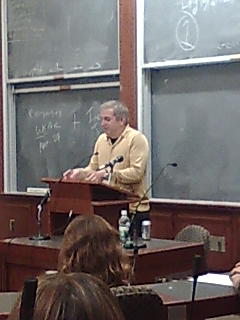
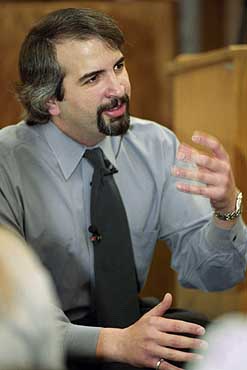
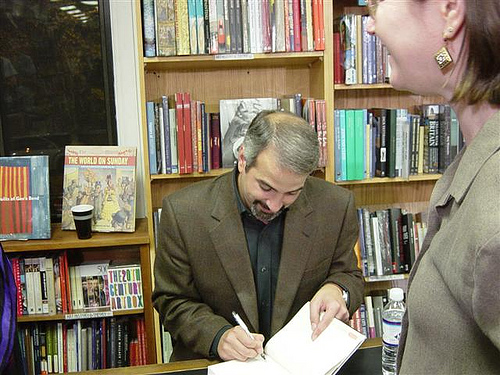
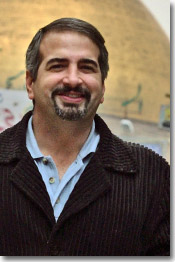
Anthony Shadid is New York Times foreign correspondent and the winner of two Pulitzer Prizes for International reporting for his coverage of the Iraq war.




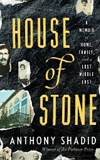
House of Stone: A Memoir of Home, Family, and a Lost Middle East
Last spring, when Anthony Shadid—one of four New York Times reporters captured in Libya as the region erupted—was freed, he went home. Not to Boston, Beirut, or Oklahoma where he was raised by his Lebanese-American family, but to an ancient estate built by his great-grandfather, a place filled with memories of a lost era when the Middle East was a world of grace, grandeur, and unexpected departures.
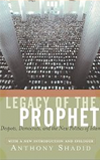
Legacy of the Prophet: Despots, Democrats, and the New Politics of Islam
Drawing on his years of reporting in more than a dozen countries of the Muslim world, Anthony Shadid charts the striking way in which the adolescence of yesterday’s Islamic militants is yielding to the maturity of today’s activists. Through interview and travelogue, he chronicles a new generation-in Lebanon, Egypt, Turkey and elsewhere-that is finding a more realistic and potentially more successful future through democratic politics. A crucial element of this change, and of Legacy of the Prophet, is his exploration of the failure of militant Islam in countries like Sudan and Iran, defeats that ironically may help make way for an alternative, democratic future.
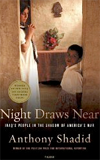
Night Draws Near: Iraq's People in the Shadow of America's War
Most of the accounts of the Iraq War so far have been, to use the term the war made famous, embedded in one way or another: many officially so with American troops, most others limited--by mobility, interest, or understanding--to the American experience of the conflict. In Night Draws Near, Washington Post reporter Anthony Shadid writes about a side of the war that Americans have heard little about. His beat, for which he won a Pulitzer Prize in 2004, is the territory outside the barricaded, air-conditioned Green Zone: the Iraqi streets and, more often, the apartments and houses, darkened by blackouts and shaken by explosions, where most Iraqis wait out Saddam, the invasion, and three nearly unbroken decades of war. -Amazon.com